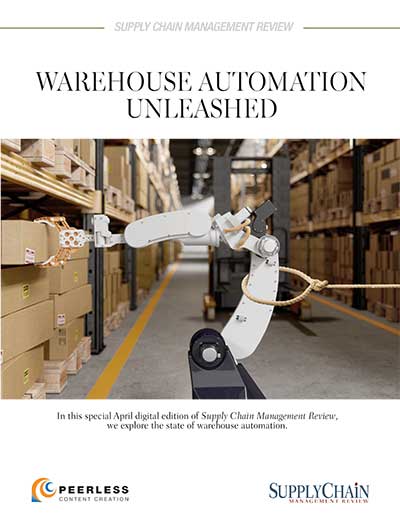Global supply chain managers will be tracking the progress of the controversial Trans-Pacific Partnership (TPP) talks in Maui, Hawaii this week, as negotiating parties hope to finalize the agreement.
According to Rajiv Biswas, Asia Pacific Chief Economist, IHS Global Insight, the deal is expected to provide a significant boost to world growth and trade. Among the Asian TPP member nations, Japan, Malaysia and Vietnam are expected to be significant beneficiaries of the deal.
For Japan, a TPP deal would provide a key economic success for Abe’s third arrow structural economic reforms. Together with the anticipated EU-Japan FTA deal, the combined impact on long-term Japanese GDP growth could lift average annual GDP growth significantly above the current estimated long-term potential GDP growth rate for Japan, which is only 0.8 percent of real GDP growth per year between 2020 and 2030.
“While the TPP and EU-Japan FTA cannot be magic bullets that resolve Japan’s long-term economic challenges from the effects of severe demographic ageing and high government debt levels, they can provide a significant boost to Japanese economic growth and efforts to stabilize government debt levels,” says Biswas.
Vietnam is expected to secure substantial economic gains for its textiles and clothing industry through tariff free access to the U.S. market as a result of the TPP. This is expected to substantially boost Vietnamese exports of textiles and clothing to the United States once the TPP is implemented, providing a major boost to Vietnamese export growth. With the Vietnamese economy already benefiting from the rapid export growth from its fast-growing electronics industry, the TPP deal is expected to further underpin Vietnam’s medium-term GDP and export growth.
“While the overall impact of the TPP deal is projected to be positive for world growth and exports, and bring significant positive benefits for Asian TPP member nations, some Asian non-TPP members are expected to suffer some negative effects on GDP and exports as a result of the trade diversion effects of the TPP,” allows Biswas.
Global Insight analysts note that these trade diversion effects are expected to be particularly significant for some Asian countries that are heavily dependent on exports of textiles and clothing, including Sri Lanka, Cambodia, Bangladesh and Pakistan.
Human Rights activists opposing the TPP may be somewhat mollified to learn that the U.S. State Department has recently removed Malaysia from its list of “worst offenders” in the trafficking and slavery racket. Still, the TPP continues to be opposed by a variety of special interests representing U.S. agriculture; pharmaceuticals and corporate attorneys who find too many legal loopholes potentially threatening shareholders.
SC
MR

Latest Supply Chain News
- Tech investments bring revenue increases, survey finds
- Survey reveals strategies for addressing supply chain, logistics labor shortages
- Israel, Ukraine aid package to increase pressure on aerospace and defense supply chains
- How CPG brands can deliver on supplier diversity promises
- How S&OP provides the answer to in-demand products
- More News
Latest Resources

 Explore
Explore
Topics
Latest Supply Chain News
- Tech investments bring revenue increases, survey finds
- Survey reveals strategies for addressing supply chain, logistics labor shortages
- Israel, Ukraine aid package to increase pressure on aerospace and defense supply chains
- How CPG brands can deliver on supplier diversity promises
- How S&OP provides the answer to in-demand products
- AI, virtual reality is bringing experiential learning into the modern age
- More latest news
Latest Resources

Subscribe

Supply Chain Management Review delivers the best industry content.

Editors’ Picks





